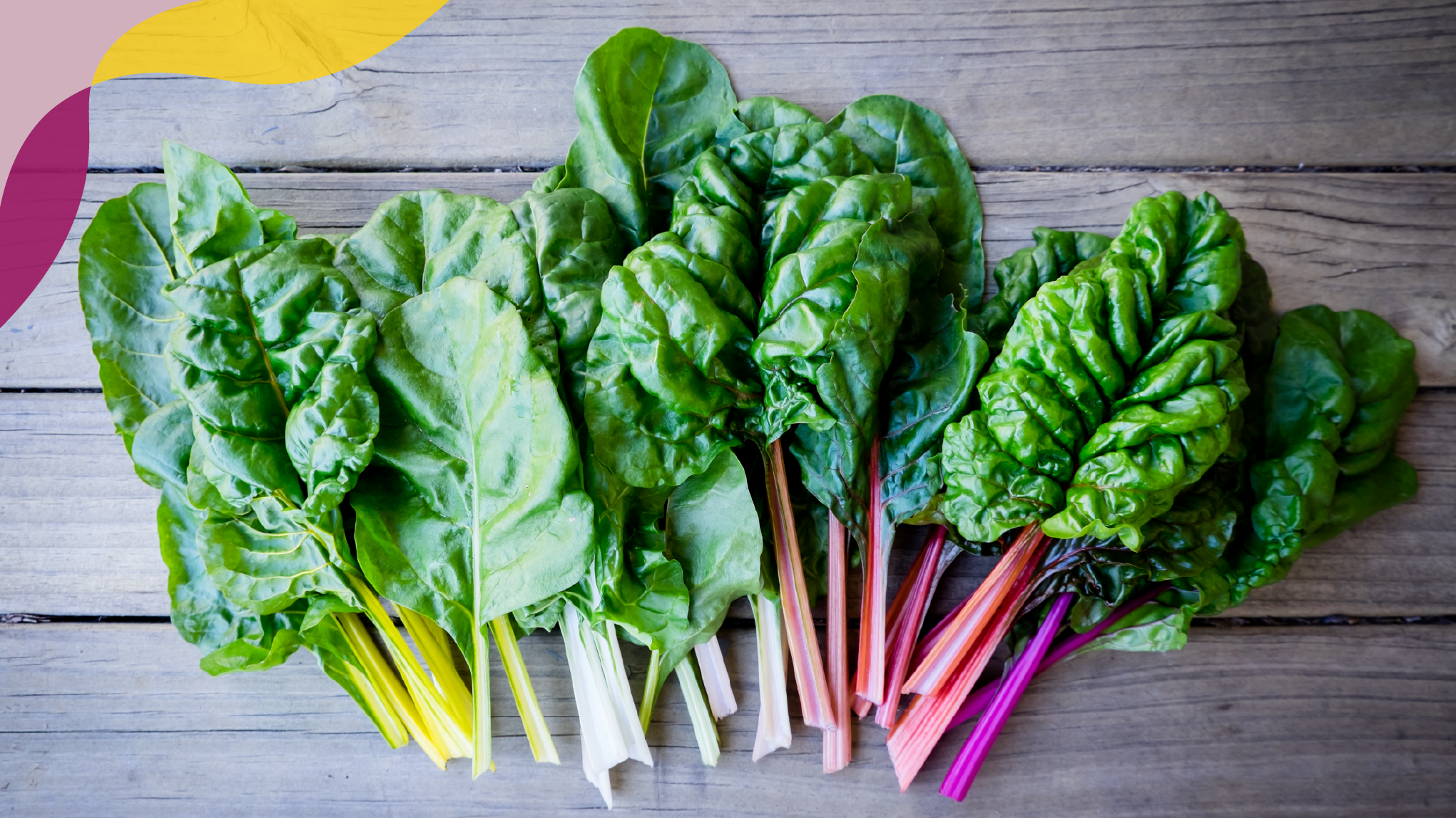
Top Cost-Effective Food Choices
The cost of food today is the highest it’s been in 30 years and when you’re dealing with cancer finding foods that appeal to you but also fit your budget can be a big challenge. Below are some cost-effective, nutritious choices that deliver both value and health benefits:
Legumes: Dried or canned beans, lentils, and chickpeas are a lower-cost way to get both fiber and protein. They can be used as a base for meals like soups and stews, blitzed into dips like hummus, or substituted for meat in recipes for tacos and Bolognese.
Frozen Vegetables and Fruits: Often cheaper and longer-lasting than fresh produce, frozen vegetables and fruits contain as many (if not more) nutrients. Think of it this way: fresh produce gets picked and frozen when it’s at its peak nutrient content. Frozen vegetables and fruits work well in smoothies, soups, and stir-fries.
Canned Fish: While fresh salmon can be pricey, canned salmon, sardines, and mackerel are more affordable and still rich in omega-3 fatty acids. In addition to that, canned fish – like canned salmon – is usually wild-caught (not farm-raised), making it even more of a bargain! Canned fish makes a great sandwich spread, stir-fry ingredient, or base for a pan-fried croquette.
Whole Grains: Foods like brown rice, farro, barley, and oats can be a cost-effective way to get more fiber and a variety of nutrients at any meal of the day.
Eggs: A high-quality protein vitamin, eggs can be prepared in many ways, making them a versatile addition to your meals.
Nuts and Seeds: When buying nuts, save money by buying in bulk or opting for seeds like sunflower or pumpkin seeds (stock up and freeze when they’re on sale!). They’re great for snacking or adding to meals for a nutrient boost.
Cabbage Family Vegetables: Did you know that some of the cheapest fresh vegetables at the grocery store have the most benefits for folks dealing with cancer? Price check purple and green cabbage, broccoli, kale, and most other dark leafy greens like Swiss chard and collard greens as these veggies are very high in anti-cancer properties and can be used in a variety of dishes from salads to stir-fries.
Root Vegetables: Carrots, beets, parsnips, and sweet potatoes are nutrient-dense, affordable, and have a longer shelf life than many other fresh vegetables. They can be roasted, boiled, or used in soups.
Smart Shopping: Plan your meals ahead of time (for a few days or a whole week) and stick to buying what’s on your list. Consider preserving foods through freezing to extend their shelf life and reduce waste.
Buy in Season: Seasonal fruits and vegetables are often cheaper, fresher, and longer lasting. Look for sales and deals at your local supermarket or farmers' market.
Remember, eating well doesn't have to mean eating expensively. By choosing wisely and planning ahead, you can enjoy nutritious foods that support your health without straining your budget.
This article meets Iris standards for medical accuracy. It has been fact-checked by the Iris Clinical Editorial Board, our team of oncology experts who ensure that the content is evidence based and up to date. The Iris Clinical Editorial Board includes board-certified oncologists and pharmacists, psychologists, advanced practice providers, licensed clinical social workers, oncology-certified nurses, and dietitians.
Copyright © 2026 OncoHealth. All rights reserved. All materials on these pages are the property of OncoHealth. The information and other content on this website are for information purposes only. If you have any questions about your diagnosis or treatment, please seek the advice of your physician or other qualified health care provider(s).
